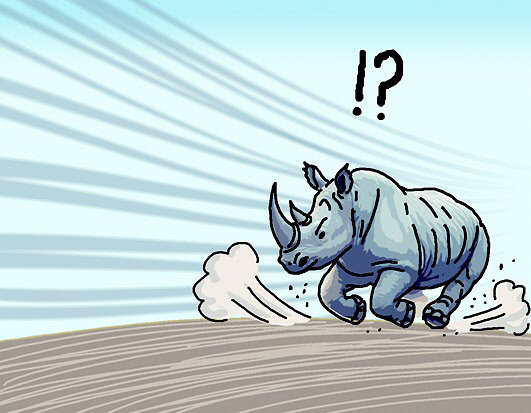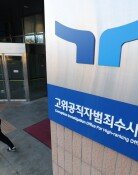A charging rhino and the low birthrate crisis
A charging rhino and the low birthrate crisis
Posted January. 22, 2024 07:53,
Updated January. 22, 2024 07:53

“Trying to figure out how to avoid a charging rhino is a lot like how leaders strive to find a way out in the face of a crisis. The combination of perverse incentives and deliberate optimism can amplify the urge to deny the crisis altogether." (The Gray Rhino, written by Michele Wucker)
Michele Wucker’s 'The Gray Rhino' is an insightful book on leveraging crises as a springboard for growth. The author systematically explains how to identify and respond to risk factors through various examples. In this book, a gray rhino is defined as a highly predictable risk that is often overlooked, leading to significant impact. Much like a charging 2-ton rhino, the consequences of not dodging are clear.
We need to recognize the future threat of the gray rhino, but as the saying goes, ‘to lock the stable door after the horse is stolen,’ too often we recognize and respond too late, and the damage is done. When encountering difficult problems in our daily lives, our instinct is to cower and avoid them, often citing organizational systems obsessed with short-term results as the reason. Conversely, she emphasizes that staying away from an angry rhino and choosing the right approach early on can sidestep danger and achieve a completely different outcome.
When reading this book, the severe issues of low fertility and population aging in Korea quickly come to mind. Korea's ultra-low birthrate is unprecedented, with foreign media stating that Korea's population could decline faster than medieval Europe in the 14th century when the population plummeted after the Black Death.” The number of local governments at risk of disappearing is expected to reach 113 in 2022. These local governments face deteriorating finances due to shrinking populations, followed by a decline in service infrastructure and a lower quality of life. This adds to the ongoing trend of population concentration in metropolitan areas.
To avoid being hit by a charging gray rhino, we must quickly implement comprehensive measures involving the public and private sectors. Additionally, there is a need to significantly increase cash support for childbirth to raise awareness and drive behavior change among all Koreans.







